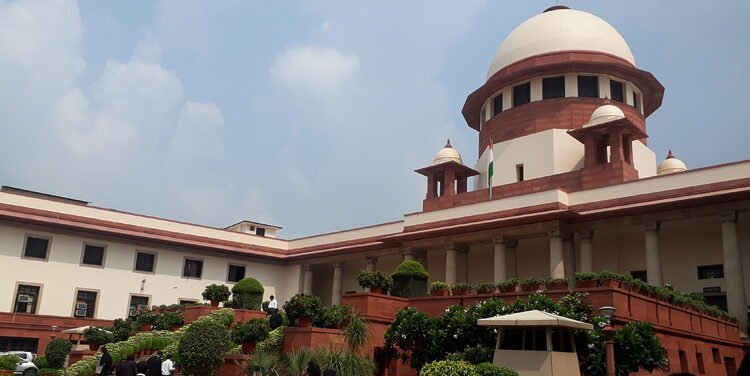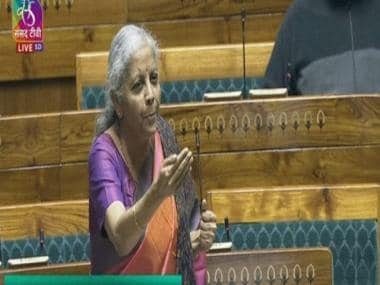Table of Contents
- What are Electoral Bonds in India and How the System Worked?
- Understanding Electoral Bonds
- How the Electoral Bond System Worked
- Who Benefited from Electoral Bonds?
- Political Parties
- Donors
- Why the Court Struck Down Electoral Bonds
- Lack of Transparency
- Unequal Playing Field
- Impact on Democracy
- Summary
What are Electoral Bonds in India and How the System Worked?
Electoral bonds are a financial instrument introduced by the Government of India in 2018 to facilitate transparent political funding. The system aimed to bring in more accountability and reduce the influence of black money in elections. However, the concept of electoral bonds has been a subject of debate and controversy since its inception. In this article, we will delve into the details of electoral bonds, how the system worked, who benefited from it, and why the court eventually struck it down.
Understanding Electoral Bonds
Electoral bonds are similar to promissory notes that can be purchased by individuals or organizations from authorized banks. These bonds can then be donated to political parties of their choice. The key feature of electoral bonds is that the identity of the donor remains anonymous, ensuring confidentiality.
The Electoral Bond system was introduced as an alternative to cash donations, which were often unaccounted for and led to corruption in the political funding process. The government believed that electoral bonds would encourage transparency and reduce the flow of black money into elections.
How the Electoral Bond System Worked
The Electoral Bond system had a specific process in place for the purchase and redemption of bonds:
- Purchase: Electoral bonds were available for purchase in specified denominations from authorized banks. The bonds could be bought by any citizen of India or a corporate entity registered in India.
- Donation: The purchased bonds could be donated to any eligible political party. Only political parties registered under the Representation of the People Act, 1951, and securing at least 1% of the votes in the most recent general election were eligible to receive electoral bonds.
- Redemption: Political parties could redeem the electoral bonds within a specified time frame. The bonds could only be encashed in a designated bank account of the political party.
The entire process was designed to maintain the anonymity of the donor while ensuring that political parties received legitimate funds through a transparent mechanism.
Who Benefited from Electoral Bonds?
The Electoral Bond system was intended to benefit both political parties and donors. Here’s a closer look at how each party involved benefited:

Political Parties
Political parties were the primary beneficiaries of the Electoral Bond system. The introduction of electoral bonds provided them with a legal and transparent channel to receive funds for election campaigns. The bonds allowed parties to diversify their funding sources and reduce their dependence on cash donations, which often lacked transparency.
Moreover, political parties could use the Electoral Bond system to attract donations from individuals or organizations who preferred to remain anonymous. This feature was particularly appealing to donors who feared backlash or repercussions for their political affiliations.
Donors
Donors, both individuals, and corporate entities, also benefited from the Electoral Bond system. The anonymity provided by the system allowed donors to contribute to political parties without the fear of their identities being disclosed. This feature was especially crucial for corporate entities that wanted to avoid any potential conflicts of interest or negative publicity.
Additionally, the Electoral Bond system provided a legal framework for political donations, ensuring that the funds were accounted for and transparent. This gave donors confidence in the system and encouraged them to contribute to political parties.
Why the Court Struck Down Electoral Bonds
Despite the intentions behind the introduction of electoral bonds, the system faced significant criticism and legal challenges. In April 2019, the Supreme Court of India heard a petition challenging the validity of electoral bonds. The court eventually struck down several provisions of the Electoral Bond scheme. Here are the key reasons behind the court’s decision:
Lack of Transparency
One of the primary concerns raised by critics of electoral bonds was the lack of transparency in the system. The anonymity provided to donors made it difficult to track the source of funds received by political parties. This lack of transparency raised concerns about potential corruption and the influence of black money in elections.
The court observed that the Electoral Bond system undermined the principle of transparency in political funding, which is essential for a healthy democracy.
Unequal Playing Field
Another significant criticism of the Electoral Bond system was that it created an unequal playing field for political parties. Since only registered parties securing at least 1% of the votes in the most recent general election were eligible to receive electoral bonds, smaller parties and independent candidates were at a disadvantage.
The court noted that the system favored established political parties and limited the opportunities for smaller parties and independent candidates to receive funding for their campaigns.
Impact on Democracy
The court also expressed concerns about the impact of electoral bonds on the democratic process. It observed that the system could lead to the monopolization of political funding by a few wealthy individuals or corporate entities. This concentration of funds in the hands of a select few could undermine the democratic principles of equality and fair representation.
Summary
Electoral bonds were introduced in India as a means to bring transparency and accountability to political funding. The system allowed individuals and corporate entities to purchase bonds and donate them to eligible political parties while maintaining anonymity. The Electoral Bond system aimed to benefit political parties by providing them with a legal and transparent channel for funding, while donors could contribute without fear of disclosure.
However, the court struck down several provisions of the Electoral Bond scheme due to concerns about transparency, an unequal playing field, and the potential impact on democracy. The lack of transparency in the system raised concerns about corruption and the influence of black money in elections. The court also noted that the system favored established political parties, limiting opportunities for smaller parties and independent candidates.
While the concept of electoral bonds aimed to address the issue of unaccounted political funding, the court’s decision highlights the need for a more comprehensive and transparent mechanism to ensure fair and equitable political financing in India.



